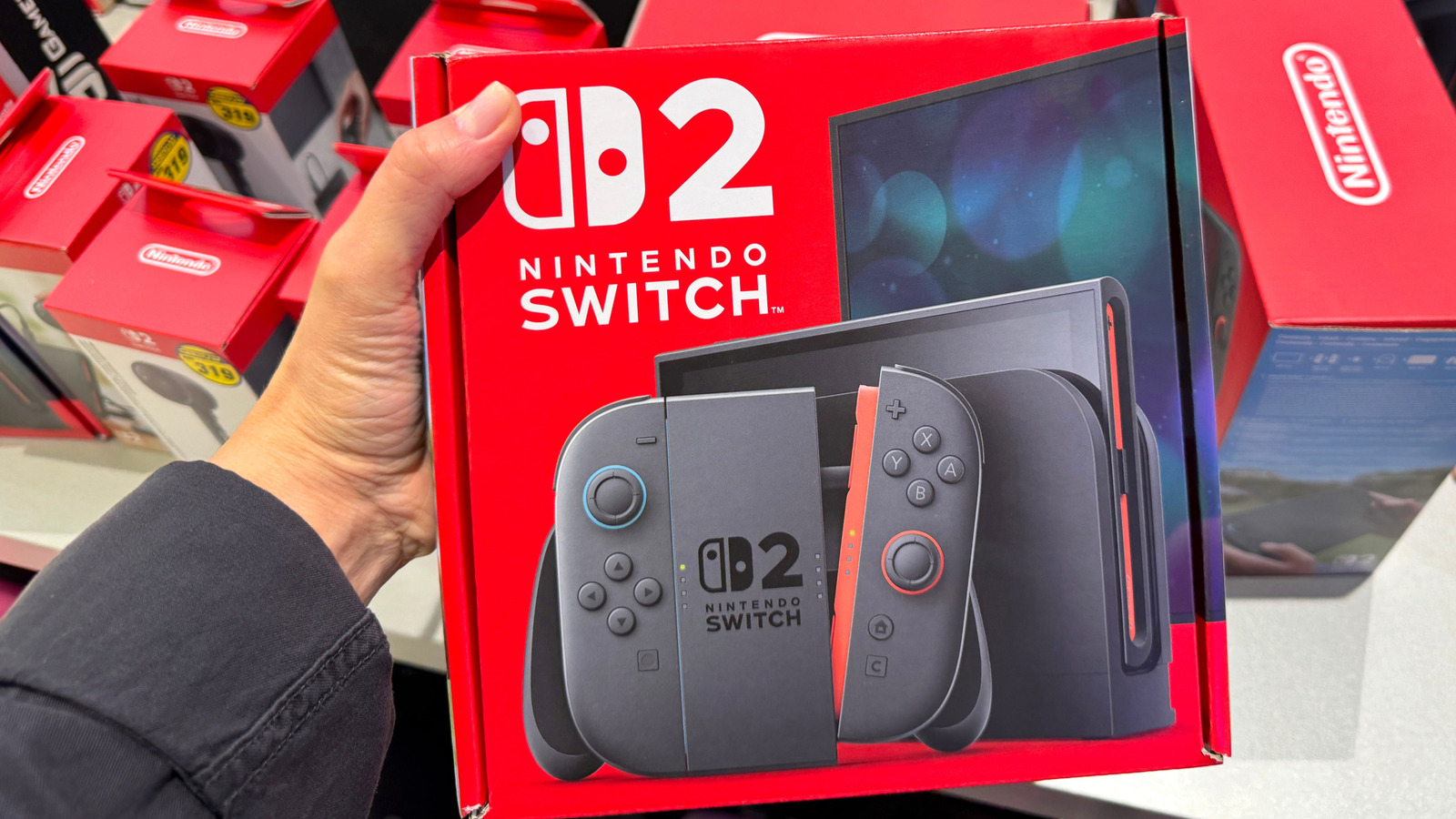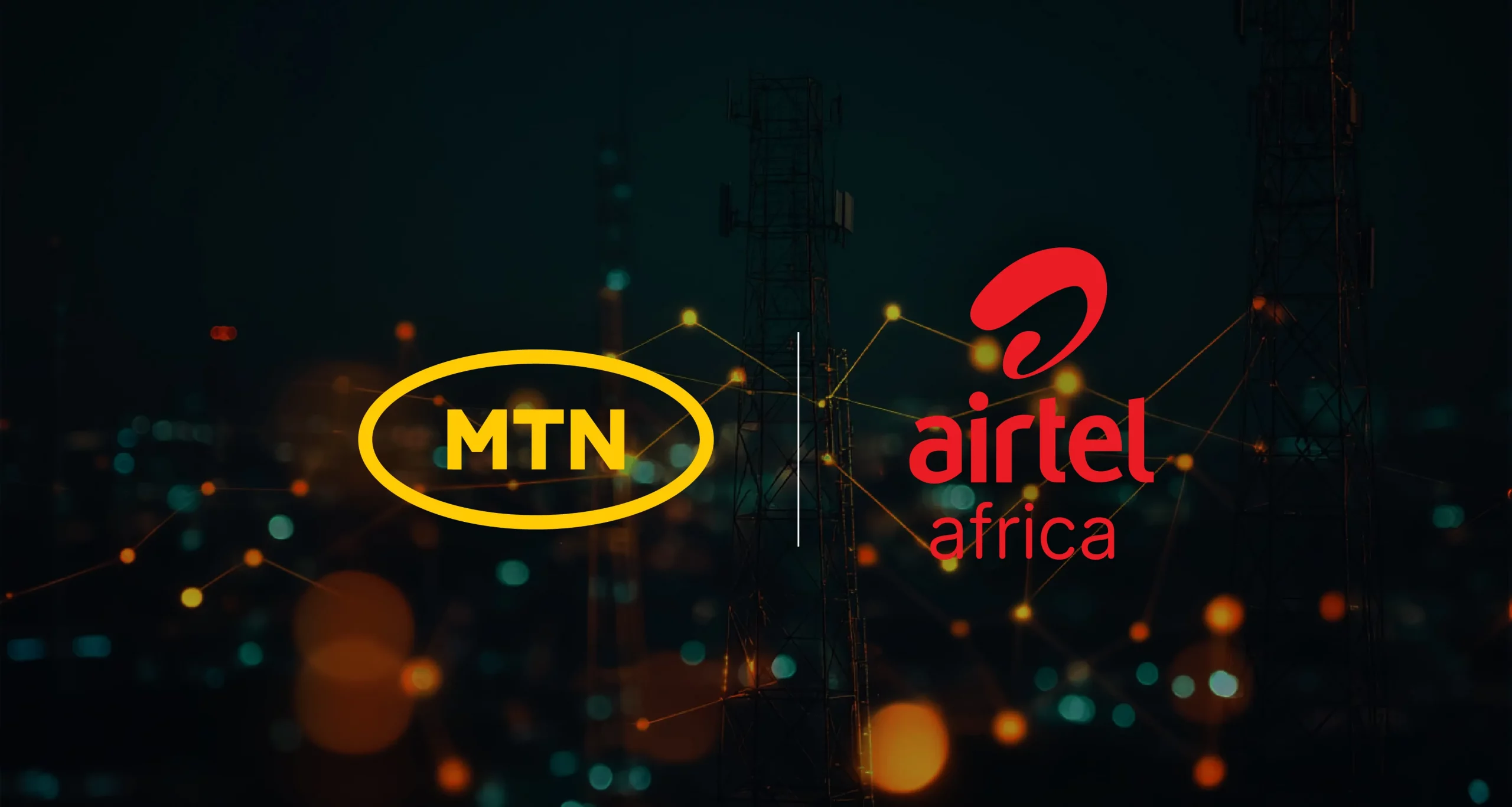In April 2025, Ghana became the first African country to legally mandate a minimum allocation of private capital from local pension funds to domestic private equity and venture capital firms. While other African countries have caps, Ghana’s law makes it compulsory for pension funds to invest at least 5% ($337 million) into Ghanaian PE and VC firms by 2026.
When I first wrote about it, I thought it was great for Ghana’s tech industry, especially as Ghanaian startups raised only $102 million across 17 deals in 2024, amid a 7% decline in overall African venture funding from the previous year. By mandating capital allocation to the local private equity and venture ecosystem, the policy can significantly boost funding for Ghanaian startups.
The law also reduces Ghana’s dependence on foreign capital, which might come with priorities misaligned with the realities and needs of the local startup ecosystem. But while the law is firm on how much should be invested, it’s not clear on how it should be done.
For this week’s Ask an Investor, I spoke with Amma Gyampo, the executive director of the Ghana Venture Capital and Private Equity Association (GVCA), about how local capital should be invested in Ghana.
Our conversation covers how local growth-stage businesses have been delivering real returns, what growing businesses and institutional investors do not understand about the venture capital asset class, and how Ghana’s portfolio of deals in recent years is rewriting the narrative.
Many people claim that VC and PE have not delivered at scale for Africa. Too few exits and mismatched expectations. Do you think that criticism holds water in the Ghanaian context?
I think that criticism misses a crucial point about the role of venture capital and private equity in Africa, especially in Ghana. Unlike grants or concessional financing, VC and PE require us to bet on ourselves—on our entrepreneurs, our markets, and our long-term potential. This means accepting that building sustainable businesses here is a longer journey with unique challenges.
For example, exits are indeed less frequent compared to mature markets like the US or Europe. African markets are still emerging, infrastructure and regulatory frameworks are evolving, and scaling businesses takes more time. So while the volume and speed of exits won’t match places like Silicon Valley or London just yet, that’s a natural stage in ecosystem development, not a failure.
Second, the “foreign playbook” critique is valid to some extent. Models imported from mature markets don’t always fit Africa’s unique challenges and opportunities. But rather than reject these frameworks outright, many African investors and fund managers are adapting and innovating to create locally relevant approaches that reflect our realities.
Third, on mismatched expectations, there’s often a gap between what investors expect and the pace and nature of growth in African startups. Some expect quick returns or IPO-style exits, which are rare here. Instead, many exits come through strategic acquisitions, secondary sales, or longer-term value creation—all of which require patience and a deep understanding of market dynamics.
Despite these challenges, venture capital and private equity are already driving significant impact in Ghana. Beyond financial returns, they foster job creation, formalise businesses, enable technology adoption, and encourage governance and operational discipline. These outcomes are essential to building sustainable companies that can scale regionally and globally.
So, while it’s fair to critique areas for improvement, dismissing VC and PE as failing Africa overlooks the steady progress and evolving maturity of our ecosystem. The real work now is aligning expectations realistically with emerging market dynamics and continuing to build the infrastructure and know-how that will enable more consistent exits and lasting impact.
Why do you think African VC and PE can deliver reliable exits or liquidity?
The proof is in the track record. Take Verod’s exit after strengthening operations in a Ghanaian business. That’s a standout example. The buyer stepped in with a clear growth strategy, making it more than just a clean exit; it was a thoughtful handoff that preserved local value chains and promoted ethical sourcing, especially in critical sectors like agribusiness and processing.
Then there’s Zeepay, a true Ghanaian fintech success story. It delivered a secondary sale exit for early investors as it scaled across Africa. Those initial risk-takers were able to cash out, demonstrating that African fintechs can generate real returns. That’s textbook venture capital: scale, regional expansion, then exit.
Do you think there’s a broader ecosystem developing, or are these still isolated wins?
These examples reflect a gradually maturing ecosystem, even amidst the usual challenges. Take PEG Africa; its acquisition by Bboxx to form a clean energy super-platform highlights how patient capital can unlock scalable impact. PEG’s real value lay in its infrastructure, last-mile distribution, and a pay-as-you-go customer base, all built in Ghana with private investment backing. This isn’t just a one-off; it’s a model for driving energy access at scale.
Look also at mPharma, a Ghana-born healthtech that has grown by acquiring regional players, delivering exits to early investors like Fanisi along the way. While these may not be headline-grabbing IPOs, they are meaningful, strategic acquisitions that provide real liquidity for investors. These moves signal an ecosystem that’s evolving with more repeatable, lucrative exit pathways emerging across sectors.
What do you think is holding back Ghanaian pension funds, family offices, and DFIs from investing?
It comes down to two things: transparency and familiarity. Institutional capital, whether from pension funds, family offices, or DFIs, needs clearer visibility into how venture deals work on the ground. We need more detailed, plain-English case studies that demystify the process: how risk is priced, how deals are structured, how value is built during the holding period, and ultimately, how exits are achieved.
Take Float’s acquisition of Accounteer, for example. A Ghanaian startup is making a strategic move into Nigeria. On the surface, it’s a cross-border fintech acquisition. But behind the scenes, it reflects a set of investors who understood Float’s growth thesis and backed it to the point where it could pursue regional expansion through M&A. These dynamics are powerful but unless someone connects the dots, the broader investment community misses the full picture.
You mentioned that these dynamics often go unnoticed unless someone connects the dots. Is there a storytelling gap in the ecosystem?
There’s a real need to demystify the investment journey—not just for founders, but for institutional capital as well. When investors can see the full arc of a deal, the growth strategy, the partnerships, and the exit pathway, confidence is built.
Take the Cargo Bikes Africa and MANA Mobility merger. It wasn’t a classic cash-out but a strategic consolidation to scale e-mobility in Ghana. That kind of deal strengthens industrial capabilities—it’s a systemic win, not just a financial one.
Or look at TradeDepot acquiring Green Lion, Ghana’s largest B2B e-commerce platform. That wasn’t just about market expansion. It was a validation of Ghana’s tech ecosystem—local firms are no longer just acquisition targets; they’re becoming anchors for regional scale.
At GVCA, we see part of our role as surfacing these kinds of stories not to promote individual companies, but to help build shared understanding across the ecosystem. Because when these narratives are visible, it changes how local capital perceives both risk and opportunity.
You’ve touched on systemic benefits. How does private capital translate into job creation?
Through business growth. When Smile Identity acquired Appruve, which was founded in Ghana, it expanded a digital identity platform across multiple African countries. That means more engineers, more digital infrastructure, and more SMEs able to onboard customers securely. These deals create real, decent jobs and strengthen regional capabilities.
But more importantly, they show how private capital can scale solutions — from clean energy to logistics to financial inclusion. That’s why GVCA is working hard to create the legal, regulatory, tax, and convening infrastructure needed to support more of these deals.
How do you think that Ghana’s ecosystem can prepare for this capital boost?
At GVCA, we’re building the scaffolding for Ghana, where private capital is a legitimate and well-understood part of the development equation. That means co-creating investment solutions and building the capacity of institutional investors, working with policymakers to remove friction, promoting governance and equity in finance and telling our own success stories—warts and all.
It’s time we stopped copying blindly and waiting for validation from Silicon Valley and other external influencers. Our domestic dealmakers and managers are capable. Our businesses are investible. And our returns, when patient and strategic, are competitive.
We do need to lay the foundations of a more robust investment ecosystem to ensure more of these opportunities realise their full potential for investors, founders and our economies on the continent. Resourcing the ecosystem development work is where funders can be truly transformative. We need less talkshops and more catalytic capital for technical assistance, capacity building, ecosystem strengthening, tax, legal, regulatory advocacy as well as design and closing of blended finance investment solutions and vehicles fit for our context
What would you say to an institutional investor sitting on a large pool of capital who’s still on the fence?
Stop waiting for perfection. Start building relationships with fund managers who understand the market. Look at the case studies. Talk to the exited investors. Ghana is open for business but it’s the kind of business that takes guts, insight, and a long-term mindset. If you’re ready to grow with us, the opportunity is real and the time is now.
Mark your calendars! Moonshot by is back in Lagos on October 15–16! Join Africa’s top founders, creatives & tech leaders for 2 days of keynotes, mixers & future-forward ideas. Early bird tickets now 20% off—don’t snooze! moonshot..com










